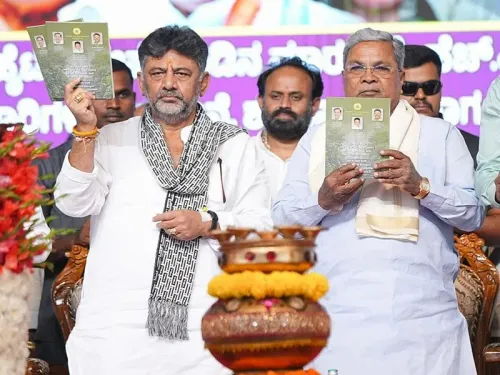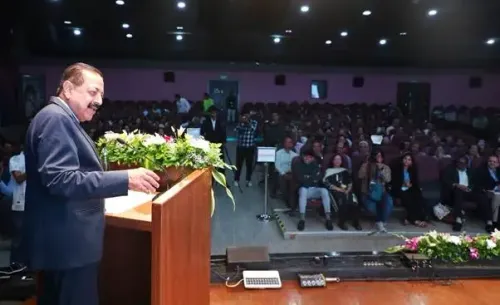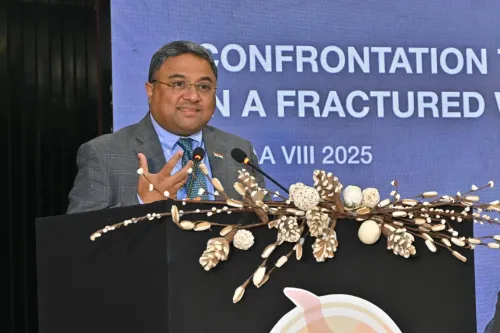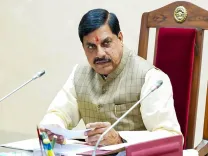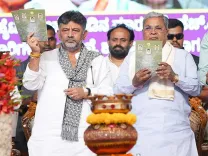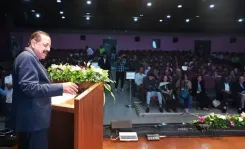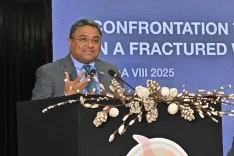Is the Supreme Court Challenging Anonymous Political Donations Under Rs 2,000?
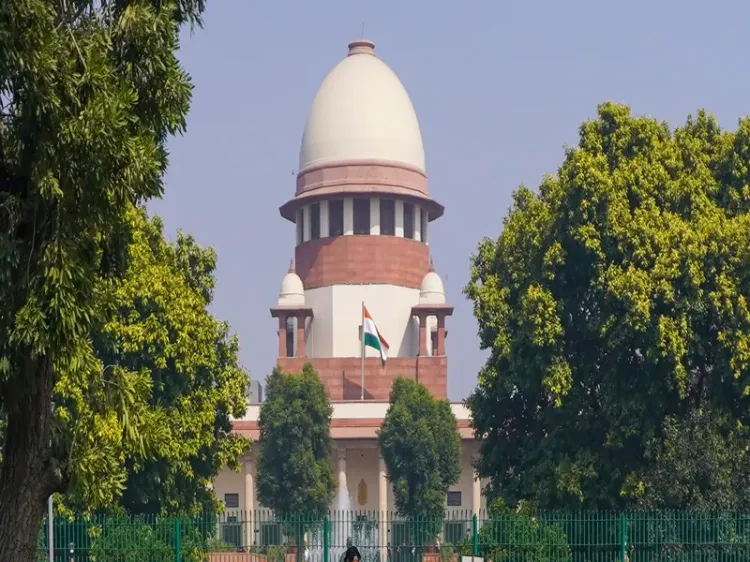
Synopsis
Key Takeaways
- The Supreme Court is reviewing the constitutionality of anonymous donations to political parties.
- This case raises significant questions about transparency in electoral funding.
- Voter awareness of political donors is crucial for informed decision-making.
- Non-compliance and delayed disclosures by political parties are widespread issues.
- The outcome could reshape the landscape of political funding in India.
New Delhi, Nov 24 (NationPress) The Supreme Court has decided to review a public interest litigation (PIL) that questions the constitutional integrity of Section 13A(d) of the Income Tax Act, 1961. This section permits political parties to accept anonymous cash donations of less than Rs 2,000.
A bench comprising Justice Vikram Nath and Justice Sandeep Mehta has issued notices to the Election Commission of India (ECI), the Union of India, the Central Board of Direct Taxes (CBDT), and twelve prominent political parties, requesting their reactions to the petition which argues that this provision infringes upon the citizens’ fundamental right to information as guaranteed by Article 19(1)(a).
The petition, submitted by advocate Jayesh K. Unnikrishnan, posits that the persistent acceptance of cash donations, allegedly under Rs 2,000, obscures donor identities and diminishes public confidence in the electoral system.
“Voters deserve to know the financial backers of political parties to make informed electoral decisions,” the PIL asserts.
“Only with access to information regarding the individuals financing these parties can voters make rational and informed choices,” the document elaborates.
The petition highlights findings from contribution reports and audits of recognized political entities, indicating widespread non-compliance, tardy disclosures, and a significant portion of funds originating from undisclosed sources.
For instance, various parties, including the BJP, CPI-M, NPP, and INC, reportedly submitted their annual contributions long after the September 30 deadline, often without justifications for the delays.
It also brings attention to numerous discrepancies such as absent addresses, missing PAN details, unexplained bank interest accrued, and substantial amounts listed under “fees and subscriptions” without revealing the contributors.
In a specific example, the BSP allegedly declared all its income from membership fees in cash for 18 consecutive years without detailed disclosures, aside from bank interest.
The petitioner, Dr. Khem Singh Bhati, has urged the apex court to instruct the ECI to investigate contribution reports, enforce refunds for sums lacking adequate donor identification, issue notices under Paragraph 16A of the Election Symbols Order for failure to submit Form 24A contribution reports, and ensure independent audits of political party finances.


